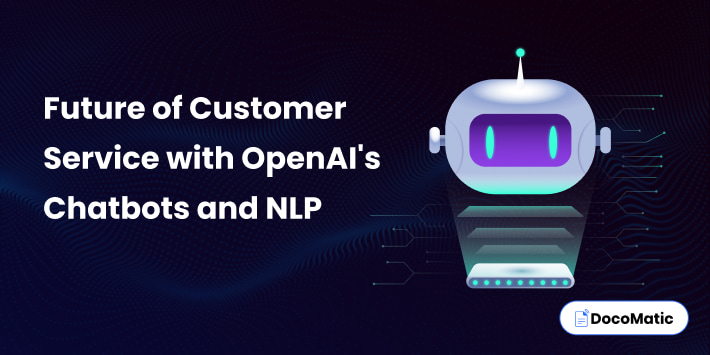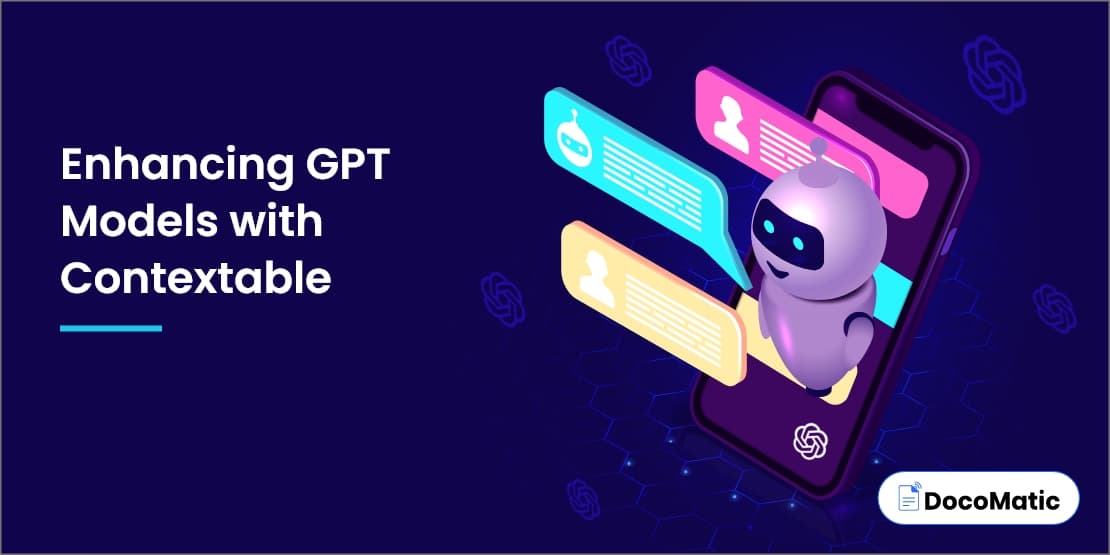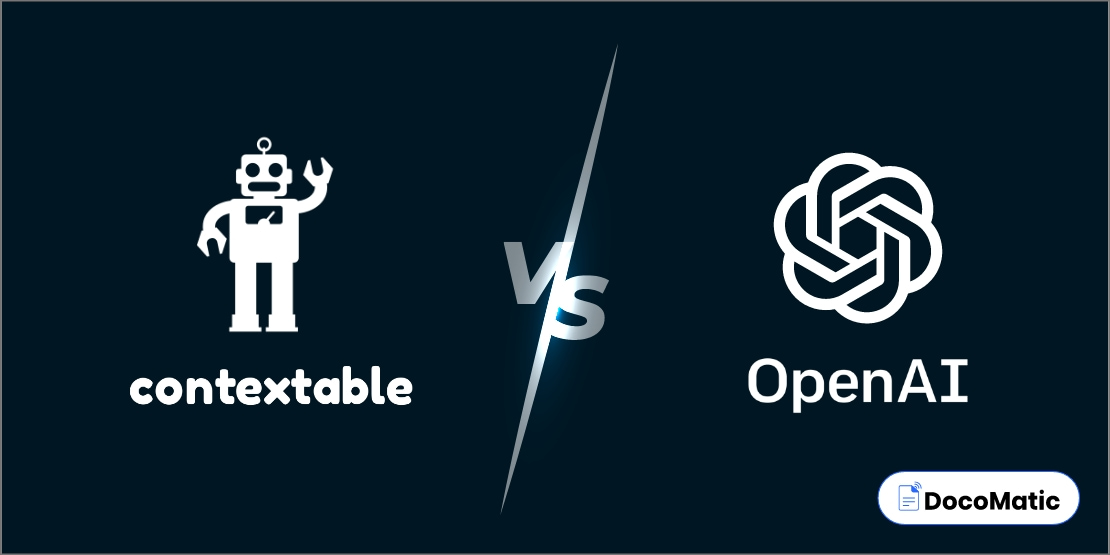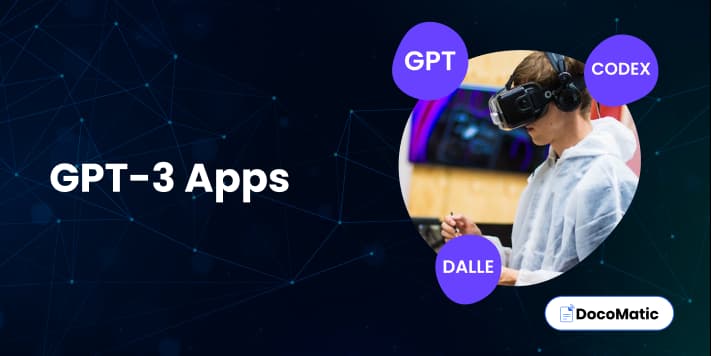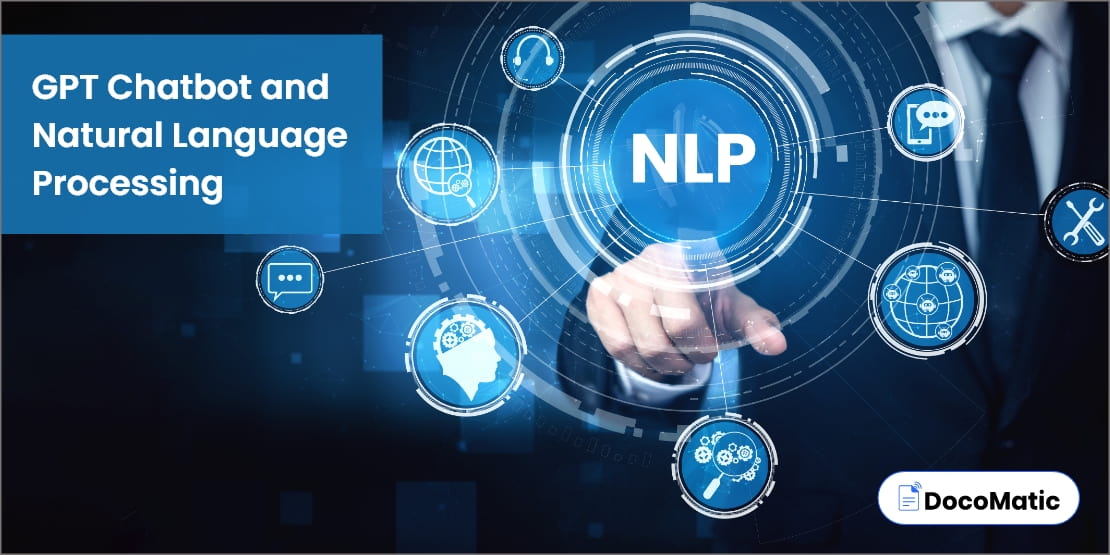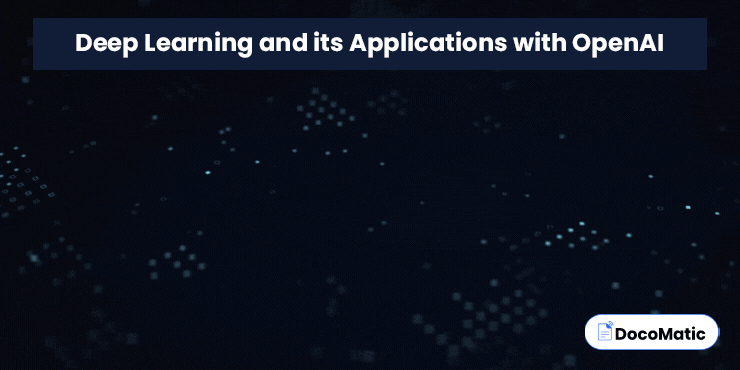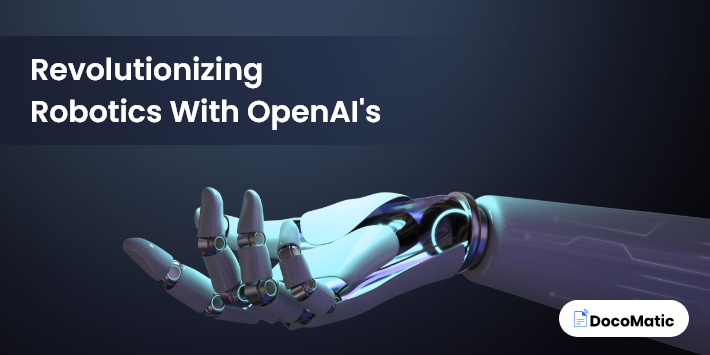Customer service is an essential component of every organization since it determines how satisfied and loyal customers are. Customer service is undergoing a change as a result of the advent of chatbots that are driven by artificial intelligence (AI technology), machine learning (ML), and natural language processing (NLP).
In fact, according to a recent analysis by Grand View Research, Inc., the size of the global chatbot market is anticipated to reach USD $3.99 billion by 2030. From 2022 to 2030, the market is anticipated to grow at a CAGR of 25.7%.
So, in this blog post, let’s discuss how OpenAI’s chatbots and NLP are shaping the future of customer service.
Table of Content
- The Role of Chatbots in Customer Service
- OpenAI’s Chatbots and NLP Techniques: Enhancing Customer Service
- Benefits of Using OpenAI’s Chatbots and NLP Techniques in Customer Service
- Examples of How OpenAI’s Chatbots and NLP Techniques are Being Used in Various Industries
- FAQs
- The Future of AI-Powered Customer Service
The Role of Chatbots in Customer Service
The term “chatbot” refers to computer programs that simulate human conversation using text conversations, voice instructions, or both. Considering all of their advantages, they are becoming more and more common in the customer service industry.
- Quick and efficient customer service
The ability to quickly and effectively respond to consumer questions is one of the major functions of chatbots in customer service. The customer service chatbot can respond to several customer queries at once, continuously, without downtime. As a result, clients don’t have to wait for assistance for a long time and without any fuss, which can improve customer feedback and satisfaction.
- Reducing the burden on human agents
By taking care of frequent and recurring consumer queries, the customer service chatbot can also lessen the workload of customer support teams. Because fewer agents are required to address consumer queries, organizations can cut costs by allowing them to concentrate on more complicated problems.
- Personalized customer experience
Personalized replies can be given by AI chatbots depending on a customer’s previous interactions with the organization. This can assist customer service leaders in providing a more personalized customer experience, increasing customer loyalty and retention.
In general, chatbots’ role in customer service is to give customers a quick, effective, and personalized way of getting answers to their questions while simultaneously reducing the workload of customer contact center representatives. Businesses aiming to enhance customer service and optimize processes now find chatbots to be useful AI tools.
OpenAI’s Chatbots and NLP Techniques: Enhancing Customer Service
Understanding OpenAI’s Chatbots
Modern machine learning and AI technology used in the GPT-3 language model, one of the biggest and most sophisticated language models presently available, is what powers OpenAI’s chatbots.
OpenAI’s chatbots can respond to client inquiries in a natural and conversational manner thanks to ChatGPT’s ability to comprehend and generate text that appears like human speech. Moreover, GPT-3 has the capacity to continuously enhance its performance over time by learning from fresh data in real-time.
OpenAI’s chatbot technology is basically a generative pre-trained transformer that has been trained on extensive databases of customer interactions. As a result, the chatbot can enhance its effectiveness over time by learning from fresh data in real-time and delivering even better customer service.
The Role of NLP Techniques
The goal of the field of artificial intelligence known as “natural language processing” is to train machines to comprehend human language. NLP techniques can be employed to evaluate and comprehend client queries since they can be utilized to extract meaning from spoken or written language. As a result, chatbots can answer client queries with information that is both relevant and correct.
The Power of OpenAI’s Chatbots and NLP Techniques
OpenAI’s chatbots and NLP techniques combine to produce effective conversational experiences that can comprehend and answer client inquiries in a natural and human-like way. These chatbots can comprehend the purpose behind client queries and generate human-like responses depending on a customer’s previous interactions with the organization.
Benefits of Using OpenAI’s Chatbots and NLP Techniques in Customer Service
When it comes to delivering top-notch customer support, OpenAI’s chatbots and NLP techniques have several benefits. Discussed below are a few of the key benefits:
1. Increased efficiency and reduced response times
Reduced response times are one of the key benefits of employing chatbots and NLP in customer service. With the ability to handle several consumer queries simultaneously without the need for breaks, chatbots can provide quicker and more effective customer service.
By swiftly evaluating and comprehending consumer queries and giving the relevant and correct answer, NLP techniques can also reduce the amount of time it takes to respond to inquiries.
2. Personalized service
The chatbots developed by OpenAI can be configured to respond to each consumer individually depending on their previous interactions with the organization. Chatbots can deliver customized replies by examining client interactions and data, resulting in a more individualized customer experience. This could promote client retention and boost client loyalty.
3. 24/7 availability
Chatbots can offer customer assistance round-the-clock, unlike a human agent who needs breaks and rests. Customers can now receive assistance whenever they need it, day or night, without waiting around for a human representative to become available.
Customers can grow more satisfied and loyal as a result, since they value the convenience of being able to access support whenever they need it.
4. Cost savings
Businesses can save money by reducing the burden of human customer support representatives by utilizing chatbots and NLP approaches. Chatbots can handle routine and regular client inquiries, freeing up employees to concentrate on complex problems. This could result in fewer agents being required to deal with consumer queries, saving the company money.
5. Scalability
It can be challenging to scale customer service operations to meet demand as businesses expand. Businesses can simply grow their customer service operations to meet rising demand by utilizing chatbots and NLP techniques without needing to add more customer service roles or personnel. This means businesses can still offer excellent customer service while they develop and expand.
Examples of How OpenAI’s Chatbots and NLP Techniques are Being Used in Various Industries
Businesses across all sectors are rapidly implementing OpenAI’s chatbots and NLP techniques to enhance their customer service. These are a few instances of how OpenAI’s chatbots and NLP technologies are being applied in diverse fields.
1. Healthcare industry
OpenAI’s chatbots and NLP methods have had a significant impact on the healthcare industry, among others. Chatbots are being used by healthcare professionals to schedule appointments, answer routine inquiries, and give information on many health-related topics.
For instance, Buoy Health, a startup that employs chatbots powered by AI technology to assist individuals in diagnosing their symptoms, has recorded an accuracy rate of over 90% in its diagnoses.
Babylon Health is another instance, which uses chatbots to provide patients with virtual consultations and prescriptions.
2. Retail industry
Chatbots are being used by retailers to provide customers with individualized shopping experiences.
For instance, the cosmetics retailer Sephora utilizes chatbots to provide clients with customized beauty suggestions based on their skin tone and preferences.
Moreover, chatbots are being used by retailers to respond to customer complaints and queries, freeing up human customer service agents to address more complicated problems.
3. Financial industry
To offer clients financial advice and assistance, banks and other financial institutions are utilizing chatbots.
For instance, Capital One has created a chatbot named Eno that assists users in managing their accounts, keeping tabs on their spending, and even paying bills. To comprehend client inquiries and answer in a conversational manner, Eno uses NLP.
4. Travel industry
To provide clients with individualized travel experiences, travel businesses are utilizing chatbots.
For instance, Expedia employs chatbots to assist clients in finding and booking rooms and flights based on user interactions, their preferences, and budgetary concerns.
Moreover, chatbots are being used by airlines to update customers on flight details like boarding times and delays.
FAQs
Some common challenges include managing complicated or sensitive questions, ensuring the accuracy and relevancy of human-like responses, and establishing a natural and human-toned conversation flow.
While chatbots are capable of handling straightforward questions, they might not be able to manage emotional or complex customer interactions. To manage such situations, customer service teams are still required.
To safeguard the security and privacy of consumer data while employing chatbots, businesses can apply security measures such as end-to-end encryption, access control, and data anonymization.
The Future of AI-Powered Customer Service
In conclusion, OpenAI is practicing customer service automation by integrating AI chatbots and NLP techniques. Customer service leaders now have access to potent AI tools to improve customer experiences, speed up response times, and boost customer satisfaction. Thanks to their capacity to comprehend and respond to customer inquiries in a natural and human-like manner.
As we’ve seen, businesses from a broad spectrum of industries are already reaping the benefits of OpenAI’s chatbots and NLP techniques to offer tailored and effective customer support. The potential for ML and NLP to improve customer service is limitless as these fields continue to grow.
